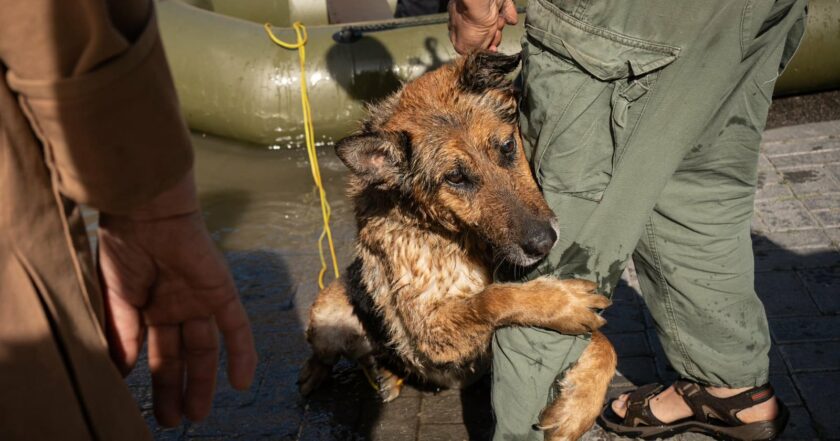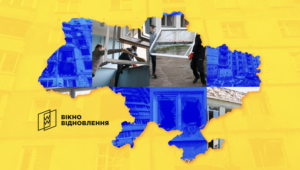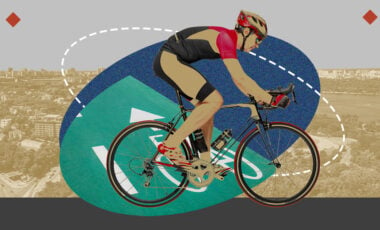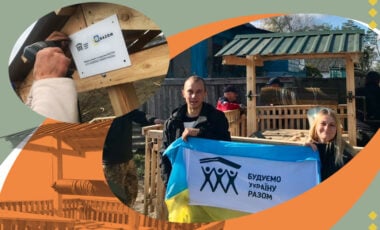Meest launches free feed delivery for rescued animals in Kherson region

Photo: Serhiy Korovainyi
Upon the detonation of the Kakhovka Hydroelectric Power Plant located in the Kherson region, a surge in water levels caused extensive flooding of the area. Postal service provider Meest arranged free delivery of animal feed to facilitate their rescue in this dire situation.
The company's press service reported this.
What is the problem?
As Rubryka wrote, on the night of June 6, Russian invaders blew up the Kakhovka dam, located a few kilometers from the temporarily occupied city of Nova Kakhovka, Kherson region.
It is estimated that approximately 160,000 birds and more than 20,000 other wild animals were in danger of being killed due to Russia's destruction of the dam.
Furthermore, numerous domestic animals were deserted in the submerged zones. Tragically, numerous of them perished, and the ones that endured have no nourishment accessible.
People are currently being evacuated, and humanitarian aid is being delivered, but animals also need help and protection.
What is the solution?
Postal operator Meest has launched free feed delivery.
Volunteers, including the Street Culture organization, will deliver it for cats, dogs, and other animals.
How does it work?
Dog, cat, and other pet food can be shipped for free with promo code PETS147. The package can be issued in the application or the Meest branch.
The recipient should indicate "Help for four-legged friends of Kherson," and the address should be branch #1 in Lviv, 147 Zelena Street.
Aid will be collected at the company's hub and delivered to animal shelters.
For reference:
The "Kazkova Dibrova" zoo was flooded in Nova Kakhovka, but some animals were saved.
It should be noted that in the Kherson region, the water level tends to fall; on the right bank, 3,600 houses in 31 settlements remain submerged, and on the left bank, 17 settlements are underwater.
As Rubryka wrote, several restrictions were introduced after Russian troops blew up the Kakhovka Dam in Kherson and the region. In particular, entry to flooded settlements was prohibited.



















































